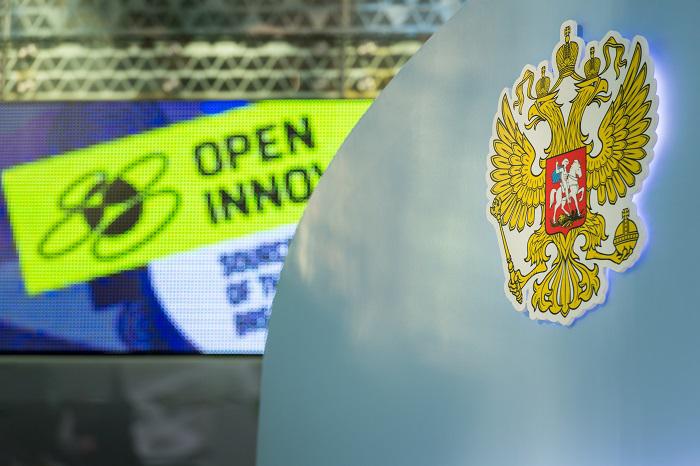
The Open Innovations Forum conducted the session Media now and anywhere: how the Internet, Big Data and neural networks are changing the content and its delivery.
The speakers discussed issues around digitalization of media: today, printed media are forced to compete with online publishers, social networks and independent bloggers.
With the advent of the Internet, media started to adjust information to specific users. This is how personalized content, advertisement and marketing emerged. What is happening to media today, how and where they should develop to in the current environment—the participants tried to seek answers to these questions.
Partner of Make Sense Vasily Esmanov singled out three media models: propagandistic, pursuing the interests of business, and serving the interests of society. The last model disappeared with the advent of the Internet, marked the speaker.
They have also touched upon the theme of marketing on the Internet. Modern marketologists are concerned with two fundamental issues—the constantly developing technologies and content, according to poll results. Michael Voschinky, CEO of Dentsu Aegis Network Russia, noted that the platforms adjusting content to the users’ interests make it harder for marketologists and advertisers keep consumers focused on their product.
“The companies like Yandex, Facebook and Google had their role to play. With their algorithms, they have actually destroyed something that was important for both you and us. We are the losers here,” agreed Esmanov with the statement of Michael Voschinky.
Esmanov said that the Internet had been flooded with entertaining content, and relations between the advertisement and the user are occasionally toxic. Today, any user can create content, and make their own media. Media failed to notice how the blogging platform started to compete with them, and are now seeking the possibilities to fight for the audience, said Daniil Trabun, Media Director of Yandex.Dzen.










